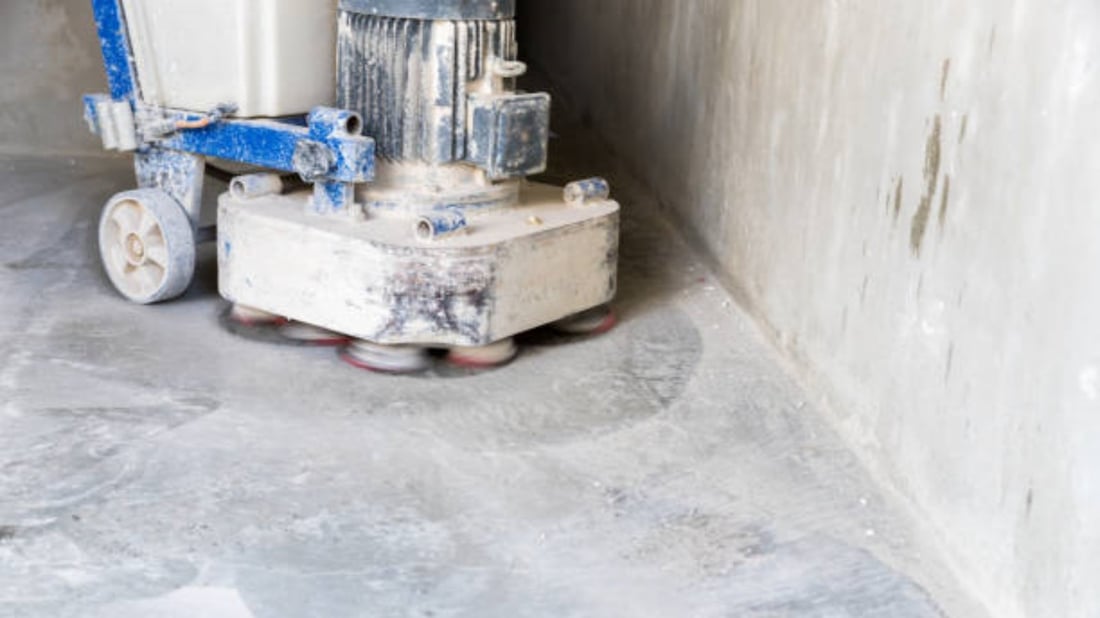The Importance of concrete finishing tools in Construction
When it comes to concrete construction, the finishing process plays a crucial role in achieving a smooth and professional-looking surface. Concrete finishing tools are essential for achieving the desired outcome, as they help in leveling, smoothing, and texturing the concrete surface. In this article, we will explore the various types of concrete finishing tools and their importance in construction projects.
The Basics of Concrete Finishing
Before delving into the different types of concrete finishing tools, it's important to understand the basic process of concrete finishing. After pouring and leveling the concrete, the finishing stage begins. This involves using various tools to achieve the desired texture and appearance. Concrete finishing not only enhances the aesthetics of the surface but also improves its durability and resistance to wear and tear.
Trowels: The Workhorses of Concrete Finishing
Trowels are the most commonly used concrete finishing tools. They come in different shapes and sizes, but the traditional hand trowels and power trowels are the most popular choices. Hand trowels are ideal for smaller projects or areas that are difficult to access. Power trowels, on the other hand, are more efficient for larger areas and can cover a larger surface area in less time.
Edgers and Groovers: Adding the Perfect Finishing Touch
Edgers and groovers are concrete finishing tools used to create clean and crisp edges, as well as control joints in the concrete surface. Edgers are used to round off the edges of the concrete, preventing chipping and providing a finished look. Groovers, on the other hand, are used to create control joints, which allow for the natural expansion and contraction of the concrete, reducing the risk of cracking.
Bull Floats: Achieving a Smooth Surface
Bull floats are large, flat tools used to level and smooth the surface of freshly poured concrete. They are typically made of magnesium or aluminum and are attached to long handles for easy maneuverability. Bull floats are used to remove imperfections and create a uniform surface before the final finishing touches are applied.
Concrete Brooms: Adding Texture and Slip Resistance
Concrete brooms are used to create a textured finish on the concrete surface, providing both aesthetic appeal and improved slip resistance. They are available in various bristle types, such as nylon, horsehair, and wire. The choice of broom depends on the desired texture and the specific needs of the project. Brooming is typically done after the initial finishing to add the desired texture.
Concrete Stamps: Enhancing Aesthetics
Concrete stamps are used to create decorative patterns and textures on the surface of the concrete. They are available in a wide range of designs, including brick, stone, and tile patterns. Concrete stamps are pressed onto the surface while the concrete is still in its plastic state, creating a realistic and durable finish. They are commonly used in decorative concrete projects, such as patios, driveways, and walkways.
Float Pans: Perfecting the Surface
Float pans are circular metal disks that attach to power trowels and are used in the final stages of finishing. They help in achieving a smoother and more polished surface by removing any remaining imperfections and consolidating the concrete. Float pans are especially useful for large-scale projects where a high-quality finish is required.
Jointers: Ensuring Structural Integrity
Jointers are essential tools for creating control joints that help prevent cracking and ensure the structural integrity of the concrete. They are available in different sizes and shapes, including hand jointers and groovers. Jointers are used to create straight, clean-cut lines in the concrete, allowing for controlled cracking and minimizing the risk of random cracks.
Concrete Finishers: The Art of a Perfect Finish
Concrete finishers are skilled professionals who specialize in applying the final touches to the concrete surface. They are responsible for using a combination of concrete finishing tools to achieve the desired texture, smoothness, and appearance. Concrete finishers play a crucial role in ensuring that the finished concrete surface meets the highest standards of quality and aesthetics.

